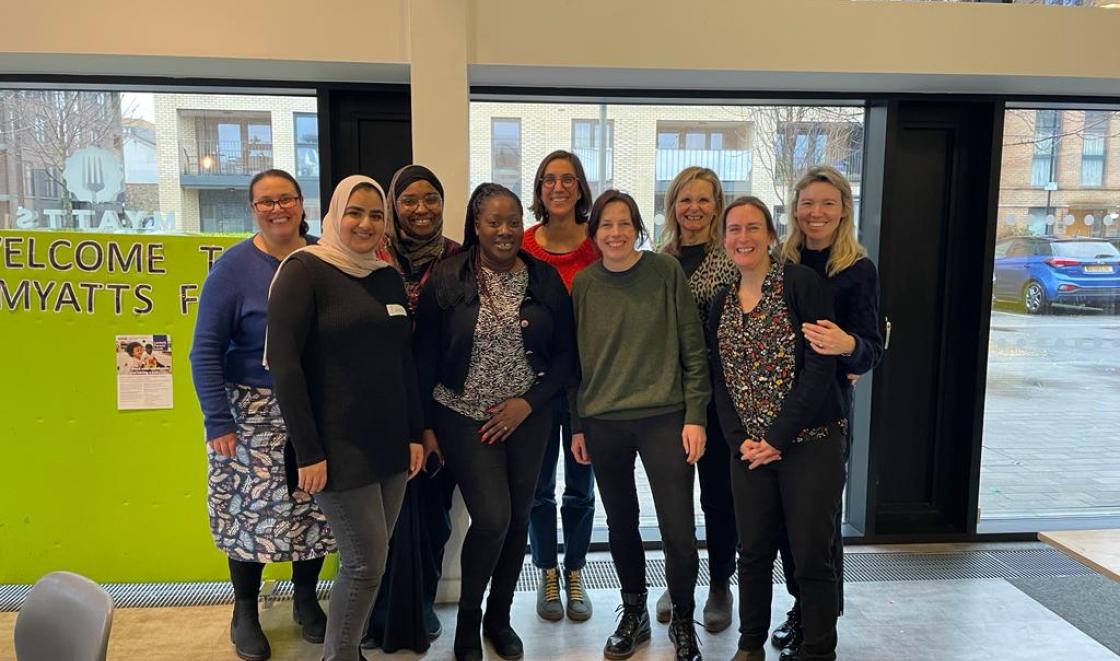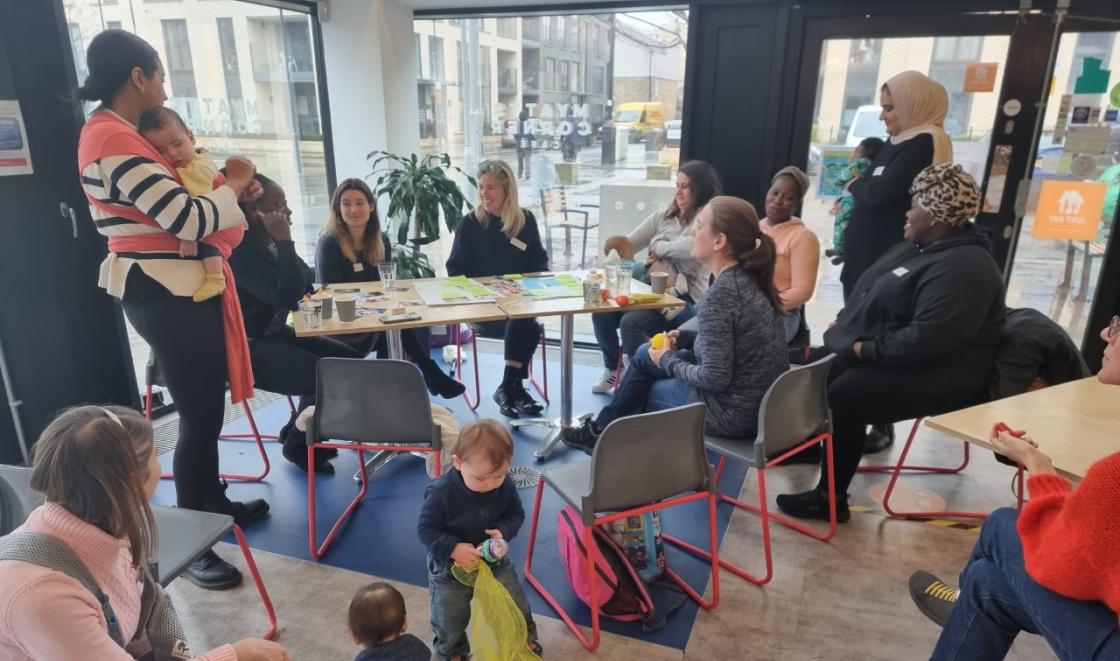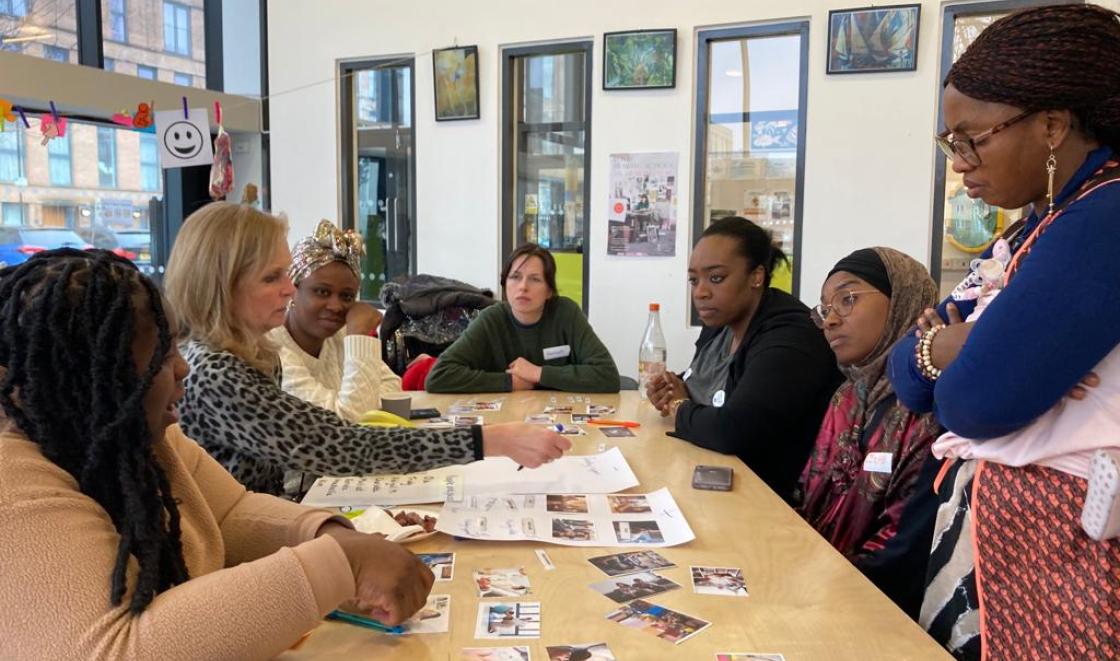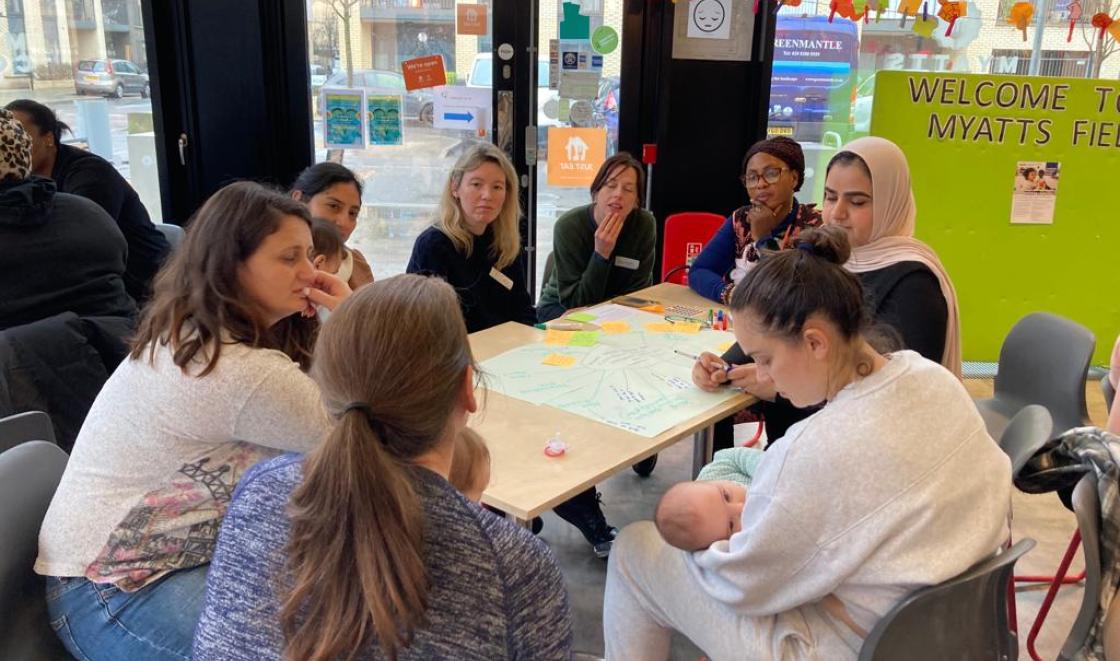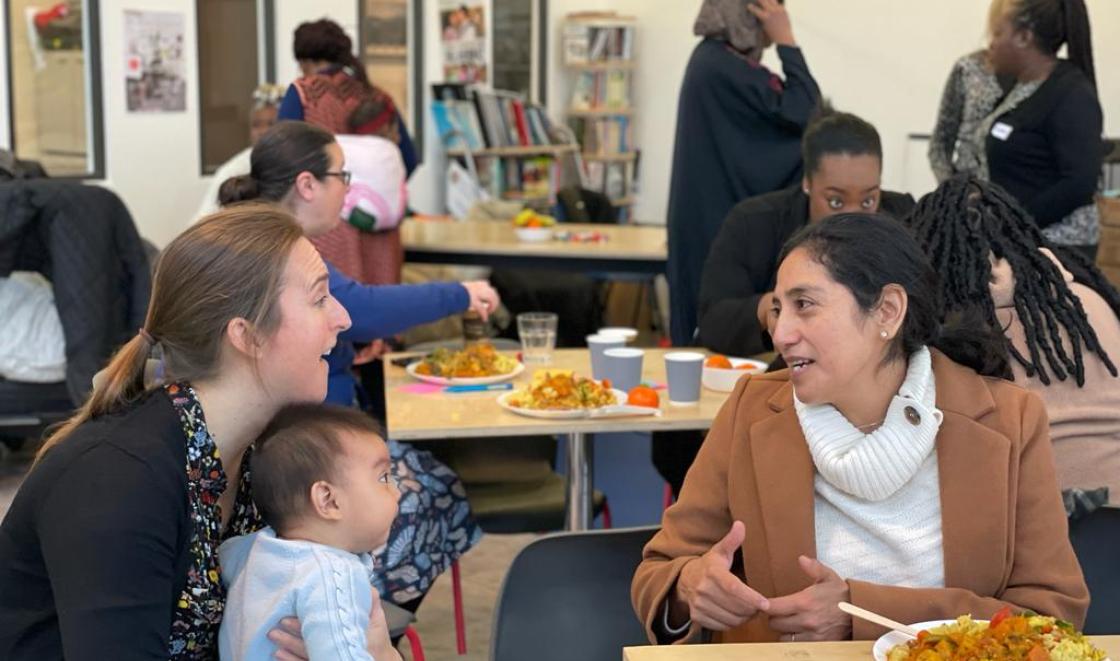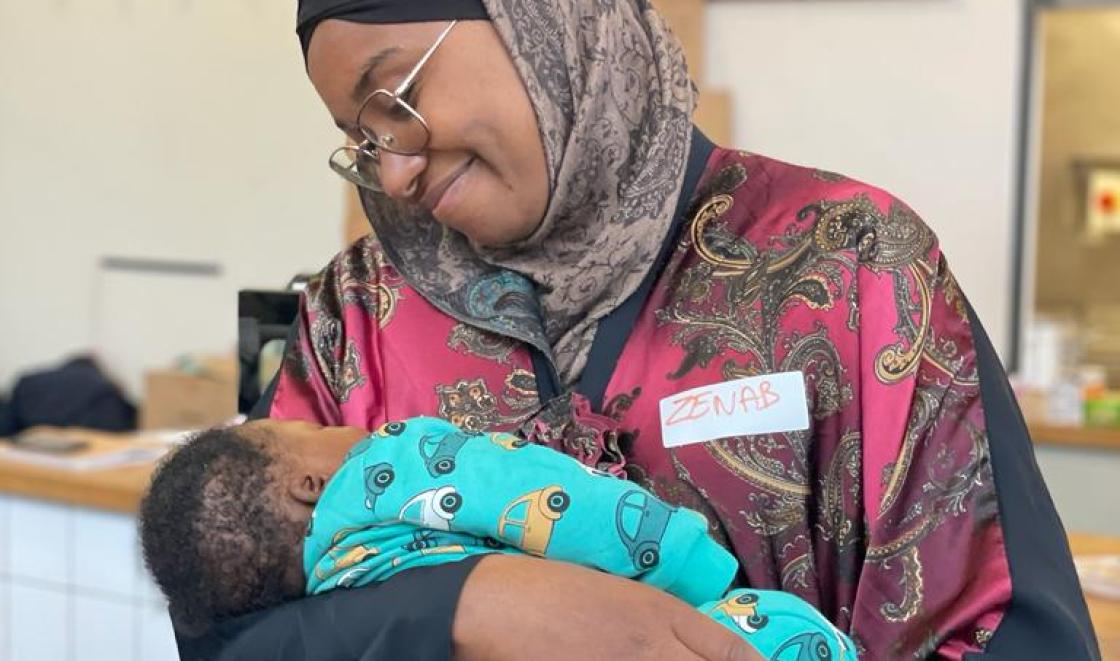About the author
Zenab Barry is a political scientist and an international development specialist. She is a director at the National Maternity Voices, a PPIE member at the NIHR’s Funding Committee, an NHS peer leader, a PPI contributor at THIS Institute (University of Cambridge), and a strategic adviser for NIHR Applied Research Collaboration (ARC) South London’s maternity and perinatal mental health research theme (King’s College London).
Acknowledgements
We would like to express our heartfelt gratitude to all the women (and their children) who made this listening event a priority. Their presence, active engagement and perspectives shared made this event truly memorable. We would also like to thank our funders and all local organisations involved in making this event possible. Professor Jane Sandall’s support and guidance have been invaluable and we are all really thankful. Her passion for maternal equity is greatly appreciated.
Researchers, peer researchers and PPIE lead (Abigail Easter, Hannah Rayment-Jones, Kaat De Backer, Mary Newburn, Rachael Buabeng, Vita Moltedo, Zahra Khan, Zenab Barry and Zoe Vowles) employed positive energy and great efforts before, during and after the event. They co-designed and co-facilitated the project.
Lastly (and definitely not the least), my writing and publishing of this blog would not have been possible without editorial support and advice from the communications team: Michele Harris-Tafri and Nick Sarson and from Savitri Hensman, patient, service and ARC South London's patient, service user, carer and public involvement coordinator.
